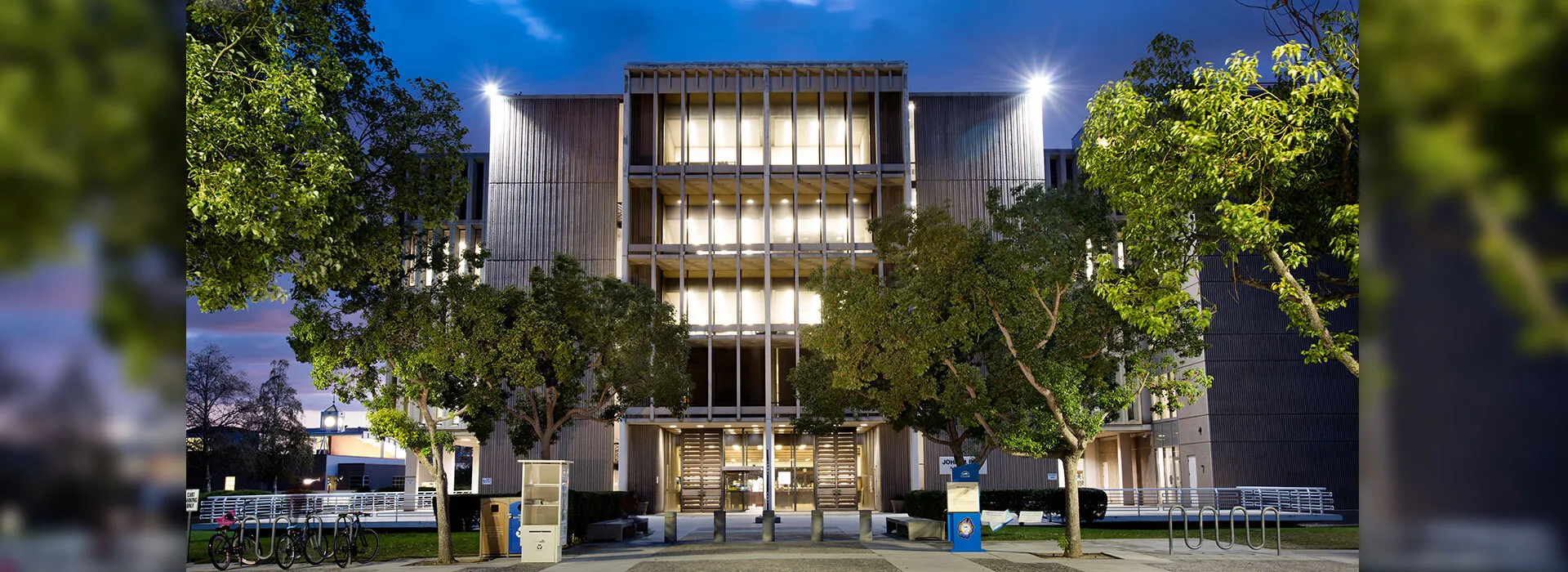
Father Patrick Guillen, a Roman Catholic priest who was the co-founder of the community advocacy organization Libreria Del Pueblo, has been named the “Padrino de Honor,” or honorary chair, for the Latino Education Advocacy Days (LEAD) Summit VII at Cal State San Bernardino.
The annual one-day education summit, which returns to its roots at CSUSB after being held at the University of Texas, San Antonio in 2015, is scheduled for Wednesday, March 30, and carries the theme of “Black, Brown and Indigenous Unity.”
Also announced were the summit’s two keynote speakers: Antonio Villaraigosa, former mayor of Los Angeles and former speaker of the California State Assembly; and Maulana Karenga, professor and chair of Africana Studies at California State University, Long Beach, and creator of the pan-African cultural holiday Kwanzaa. Registration is now available online at 2016 LEAD Summit.
“On behalf of the LEAD Organization, we are truly honored that Father Guillen has accepted to serve as our Padrino de Honor as he is among those we consider a community giant and pillar who has contributed in the fields of education, civil rights, justice for human rights, preserving the arts, journalism, youth leadership development and political awareness,” said LEAD Executive Director Enrique Murillo Jr., in announcing Guillen as honorary chair.
A Catholic priest for nearly 60 years, Guillen served as executive director of Libreria Del Pueblo, which was founded in 1986 and located in San Bernardino’s west side – home to some of the city’s poorest and neediest residents. LPD primarily focuses on improving the lives of Latinos who reside in the counties of San Bernardino and Riverside, providing health, educational and social services, along with citizenship classes, with a focus on the immigrant community.
As LPD approached its 25th anniversary in 2011, Guillen wrote in “The Journey of a Chicano Priest,” his biographical essay, “I realize how my entire life as a child with my migrant parents, my years of poverty, hunger and homelessness and deaths have provided me with compassion, patience and love for those whom we daily serve.
“The opportunities I have had to educate myself and the desire and the need to continue learning has helped me not fall into that dreaded routine that leads to a conservatism that destroys the spirit of creativity and freedom that we need as wings to always look ahead and beyond, not only backwards where we have been,” wrote Guillen, who stepped down from his post at LPD in 2012 at the advice of his physician.
Born Patricio Guillen Santoyo in 1929 in Bellflower, Calif., he was the eighth child of 10 of Mexican immigrants Patricio Guillen Zendejas from Michoacán and Juana Santoya Castoreña from Aguascalientes. Both immigrated to the United States at the turn of the 20th century. Guillen’s family weathered the Great Depression and the 1932 Long Beach earthquake, becoming one of thousands of Mexican American families working on farms and battling poverty and homelessness. During the Great Depression, four of Guillen’s siblings and 15 cousins died as teenagers as a tuberculosis epidemic struck.
Guillen graduated from Chino High School in 1948, then went on to La Verne College and Immaculate Heart Major Seminary, earning a bachelor’s degree in 1957. That same year, he was ordained a Roman Catholic priest, and “I offered my life to God in the service of His people,” he wrote in “The Journey of a Chicano Priest.”
What followed were assignments as associate pastor, chaplain at the California Rehabilitation Center in Norco, post-graduate studies and academic appointments, and pastor of four parishes, all this against the backdrop of Sen. Joe McCarthy’s witch hunt of communists, the Cuban Revolution and the U.S. Civil Rights movement. Though he carried out his calling in the church’s sacramental ministry, Guillen said there was “too little time to focus on societal issues that we were facing.”
He was, however, able to support Cesar Chavez’s effort with the United Farm Workers, and got involved with PADRES, the National Association of Chicano Priests. But it was his work with the Hispanic Ministry that broadened his scope of pastoral ministry, “forming Comunidades de Base and establishing a school of ministry for the formation of lay leadership in the areas of catechetics, evangelization, liturgy and social action,” Guillen said.
In October 1986, he and some friends committed to addressing social issues in the community formed Libreria Del Pueblo Inc. “Since then we served more that 1,500,000 persons within the counties of San Bernardino and Riverside,” Guillen wrote in his biographical essay. “Under LDP Inc., we have organized ourselves as Mexican, Hispanic, Latino, Chicano, and recently legalized immigrants and naturalized citizens. Our goal is to organize ourselves to bring about social change and take charge of our lives and our destiny.”
For more information and to register online for the conference, visit the LEAD Summit website, or contact Enrique Murillo Jr. at (909) 537-5632.
For more information about Cal State San Bernardino, contact the university’s Office of Public Affairs at (909) 537-5007. Visit its news website at news.csusb.edu.
Set in the foothills of the beautiful San Bernardino Mountains, CSUSB is a preeminent center of intellectual and cultural activity in inland Southern California. Celebrating its 50th anniversary in 2015-2016, CSUSB serves more than 20,000 students each year and graduates about 4,000 students annually.
For more information about Cal State San Bernardino, contact the university’s Office of Strategic Communication at (909) 537-5007 and visit news.csusb.edu.